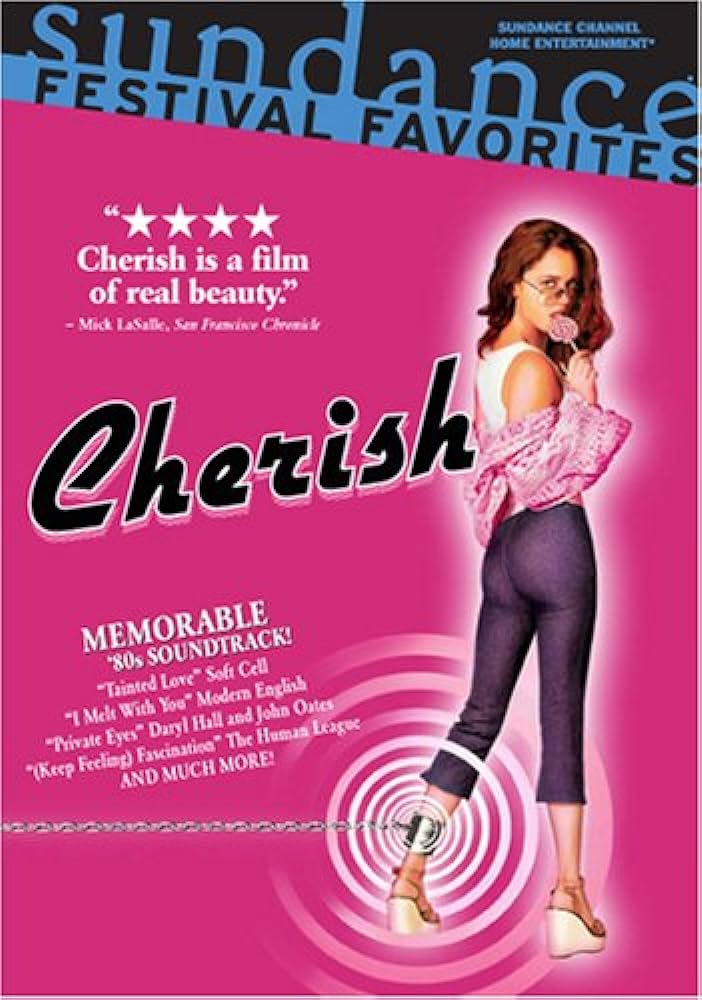In the interest of full disclosure, I have not been a proponent of found footage films for many years now. From the intentional shaky camera work, subpar lighting, often laughable acting, and nonsensical plots, they have been one of my least favorite genres of film. “Late Night with the Devil” written and directed by Cameron and Colin Cairnes, is the antithesis of all that I normally grumble about, when it comes to found footage movies. The casting of the actors, and their performances were excellent. The pacing of the film, set decoration, lighting, soundtrack, and wardrobe were all spot on. The plot made sense. It convinced me, through a short, but necessary exposition at the beginning of the movie, that the main character would make the decisions he ultimately does, regardless of the consequences. Everything about the film connected in a seemingly flawless manner. (As an aside, the introduction to the movie is narrated by Michael Ironside (Scanners).
At the start of “Late Night with the Devil” it is revealed to the viewer that Jack Delroy (David Dastmalchian), the host of The Night Owls with Jack Delroy, is in a competition with perennial, late night ratings leader, Johnny Carson. The charismatic Delroy comes across as both amiable and humorous. He has come close to claiming the top spot, but has never been able to unseat Carson. Tragedy has also struck Delroy’s life, with the passing of his wife Madeleine (Georgina Haig) from cancer. Delroy has one last chance to prove his show is a winner, and deserves the top spot. Everything is riding on the show’s Halloween episode, which starts on the Monday of Sweeps Week. Delroy’s guests will include: Renowned psychic, Christou (Fayssal Bazzi); psychic debunker, Carmichael Haig (Ian Bliss), who will pay $100,000, to anyone who can prove that they have genuine psychic abilities; paranormal psychiatrist and author of “Conversations with the Devil”; Dr. June-Ross Mitchell (Laura Gordon); and Lilly (Ingrid Torelli), the teenage girl under her care. Lilly is no ordinary teenager. She was born, and lived among satanic worshipers, headed by Szander D’Abo (Steve Mouzakis). When the FBI raided the house used by the worshipers, D’Abo instructed his followers to kill themselves by setting the house on fire. Lilly was the only survivor. Furthermore, Lilly is believed to be possessed by a demon, that she refers to as Mr. Wriggles.
The Halloween broadcast begins on a light note. There are some tame jokes, a bit of good natured banter between Jack, and his sidekick, Gus (Rhys Auteri), before the first guest, Christou, comes out to wow the audience with his psychic abilities. From that moment forward, however, the evening starts to take a dark turn. Things don’t happen immediately, instead, the filmmakers allow the tension to build. As a viewer, I was wondering when the supernatural would present itself?
For those viewers who are wondering if the possession scene is the entirety of the film’s horror and supernatural presence, it is not. In terms of what else there is, I won’t spoil it for those of you who haven’t seen the film, but would like to. Off camera, during a commercial break, Dr. Mitchell confides in Delroy, that she doesn’t think that it is a good idea to attempt to evoke the demon to come out of Lilly. Dr. Mitchell insists that Lilly’s hands be restrained to the chair. Delroy can’t risk not having Dr. Mitchell try to bring forth the demon she claims possesses Lilly. He has promised the audience and the viewers watching at home, that the broadcast was going to be like nothing they had ever seen. He also has the single minded purpose of beating Carson, no matter what needs to be done. Will Delroy’s – do whatever it takes to be number one in the ratings – become a decision that he regrets?
Trivia buffs take note: The character of Carmichael Haig is based on James Randi, who was a Canadian-American author, scientific skeptic, and magician. He was the co-founder of both the Committee for Skeptical Inquiry, and The James Randi Educational Foundation. Randi’s mission was to debunk anyone who claimed to be a psychic. Randi’s institute, by 1996, was offering a million dollars to any person, who could prove that they had special psychic ability. No person, that held themselves out to be a psychic was ever able to win the money. The reason the film is set in 1977, pertains to the talk show plot, being centered during Sweeps Week. 1977 was the only year in the 1970s, that Halloween was on a Monday. Szander D’Abo is based on real life, Church of Satan founder, Anton Lavey.

The film premiered at the South by Southwest Film Festival on March 10, 2023. There is no discernible filler in the movie – every frame was utilized to advance the narrative. Each of the characters, for that matter, were well defined, and served a purpose. Thanks to an outstanding lead in Dastmalchian, as well as wonderful performances from Bliss, Gordon, and Torelli, and a plot that borrows from other horror classics, but does not copy them, “Late Night with the Devil” will more than likely, one day, be spoken about in the same breath as other beloved films of the genre.









